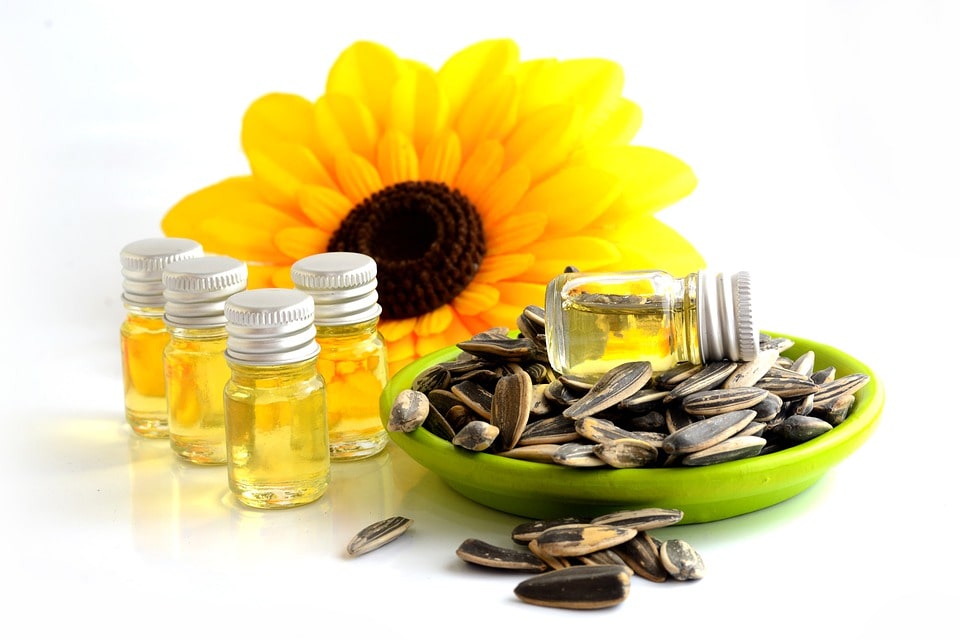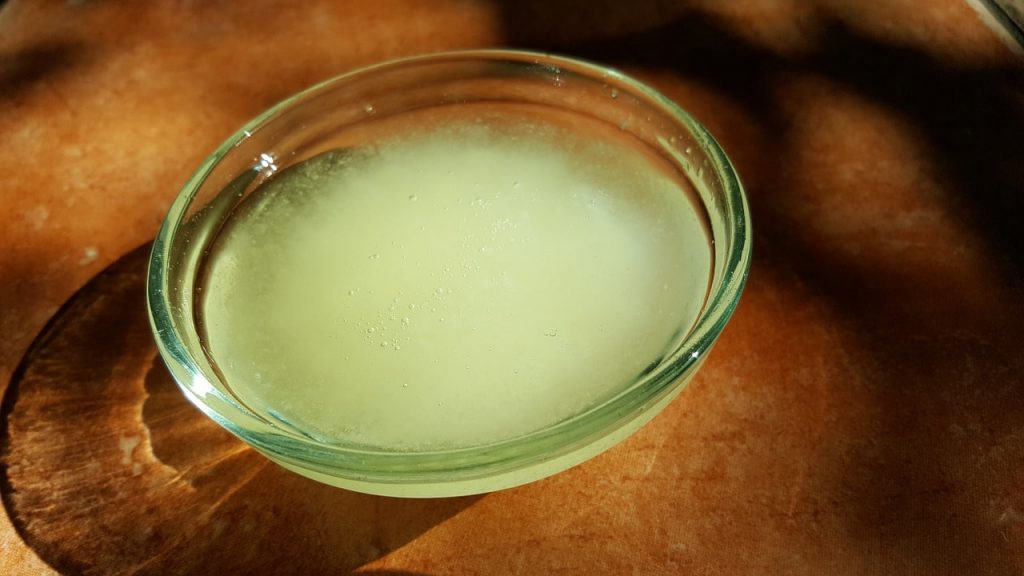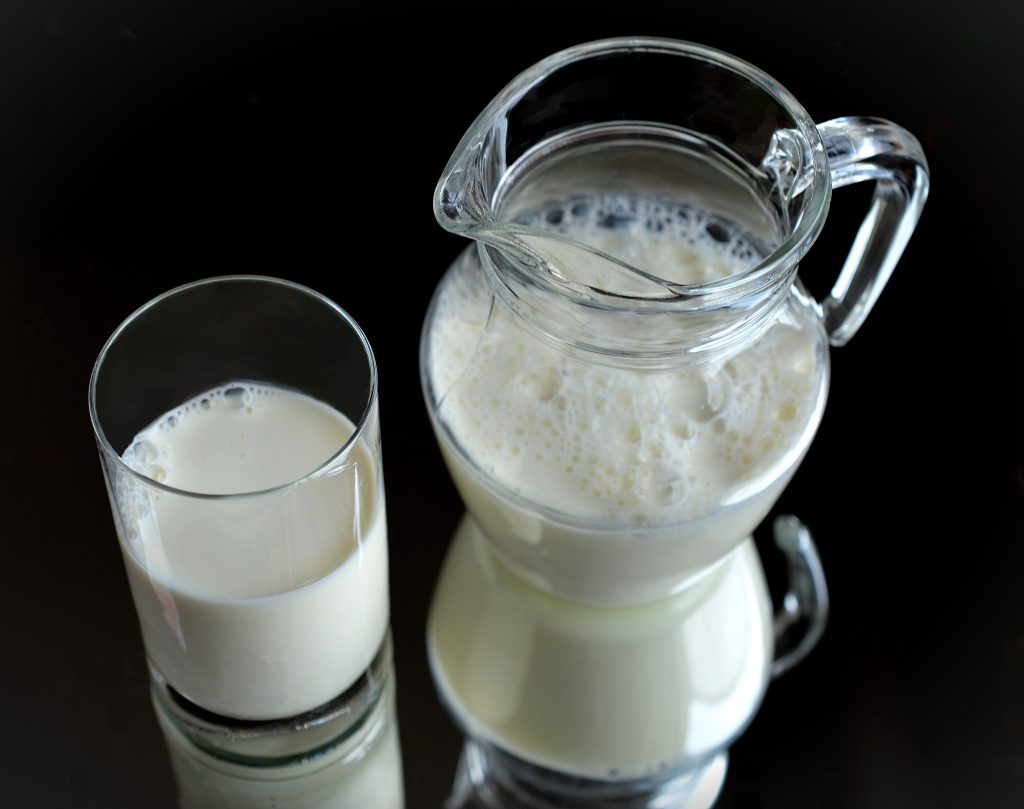Having sensitive skin is very common, and there is usually nothing serious about it. However, in some cases, skin sensitivity may get severe, and you may find it extremely difficult to cope up with it.
Some people have sensitive skin by birth, while others may notice a sudden change in how their skin reacts to different external stimuli. Like a lot of causative factors, there is a wide range of treatments available. However, home remedies for sensitive skincare the best option, especially if your sensitivity is still new and is not very severe.
In this article, we are trying to touch every point related to sensitive skin. From various causes to sudden triggers and home remedies to self-care, we will try to cover everything tomanage your skin sensitivity successfully. Let’s find out some possible causes of sensitive skin first.
Why is my skin so sensitive to touch?
– Causes
Like we have discussed earlier, you may have sensitive skin due to a lot of different causes. Here are some very common of them all
- Natural Disposition
Sometimes, you may develop an allergy without any skin or other underlying health condition. If that’s the case, your skin can become irritated very easily and quickly.
You may get sensitive after exposure to:
- Heavy winds
- Sudden atmospheric changes
- Frigid temperatures
- Scorching temperatures
- Sunlight
Additionally, if you have sensitive skin, you might be prone to skin reactions from skincare products, makeup, and even certain types of fabrics.
The symptoms of overly sensitive skin may include:
- Red, irregular patches all around the body
- Rashes or hives
- Breaking out of the skin
- Sunburns
- Burning or stinging sensations, with or without noticeable skin changes
- Allergic reactions
Allergic dermatitis is one of the common types of contact dermatitis and can be a prominent cause of sensitive skin. And you may develop an allergy to a wide range of stimuli, including:
- Fragrances
- Latex, especially in gloves
- Nickle and jewelry prepared from nickel-containing substances
- Certain chemicals in skin, beauty, and hair products
- Colouring and dyes
- Reactions to pollen, certain plants like poison arsenic, poison oak, poison ivy, stinging nettle, etc.
Symptoms of sensitive skin due to any of these factors may include:
- Rashes or hives
- Redness with or without inflammation
- Dry, flaky skin
- Dark, irregular, leathery patches on the skin
- Blisters on skin
- Cracked, oozing skin
If you have an allergy to a known substance, eliminating it from your regimen is the best way to avoid complications. However, identifying allergic products is not very easy, and one should contact a dermatologist for help.
- Contact Dermatitis
“Contact dermatitis” is a term used for skin reactions after touching a specific substance or product. It may also be one of the causes of sensitive skin. Contact dermatitis symptoms are redness, swelling, and itching of the skin, sometimes accompanied by blisters, dryness, cracks, etc.
- Dryness of Skin
Sometimes, dryness is also linked with sensitive skin. Your skin contains protective moisture and fat that protects your skin from dryness. Prolonged dryness of skin can make your skin sensitive to some specific stimuli.
Dryness usually affects the body parts that are regularly exposed to the external environment, i.e., hands, face, arms, legs, etc. You can maintain your skin’s moisture by using a natural moisturizer. Some selected creams are also very effective at keeping your skin moisturized, especially on the face.
- Photo dermatoses
It is an abnormal condition in which there is a reaction to sunlight already in your skin itself. People with this condition may have a very sensitive immune system that is easily triggered by UV rays.
A sunlight reaction in people with photodermatoses may reflect various sensitive skin symptoms including blisters, rashes, and scaly patches. The response usually gets worse with more and more exposure to sunlight.
Why is my skin so sensitive all of a sudden?
Sometimes, people develop sensitiveness of skin all of a sudden, without having any history. Suddenly you start noticing that your skin is responding differently to particular products or stimuli. The majority of people are not sensitive by birth and develop sensitivity over time. And there are a lot of potential culprits that can make your skin sensitive all of a sudden.
We suggest you do some detective work to find the exact causative factor or agent before finally opting for the treatment method. There may be one or multiple factors affecting your skin. But the good news is, if you successfully find the exact cause of sensitive skin, you can prevent it from affecting your skin again. Here are the different potential factors you should check to underline the culprit accurately.
- Botanicals and essential oils: You should always be optimistically cautious when using botanicals and essential oils. Usually, essential oils are not considered as a responsible factor for sensitive skin. However, that’s not reality. Essential oils cause sensitivity,mainly when they are used undiluted or in large quantities. That said, different people have a different tolerance level, and it’s possible that your skin doesn’t love botanicals and essential oils.
- Different hormonal changes: Ageing is one of the most significant factors responsible for a plethora of skin problems, including skin sensitivity. Rapid hormonal changes can directly impact your skin’s appearance, texture, and how it responds to different external stimuli.
- Your Skin is Sensitive to a Particular Agent: It’s not very common, but possible. And if that’s the case, you may have to do an extended investigating work. We recommend you to do the charting of products you add to your skincare routine. It will be easier to narrow down the potential culprits.
- Exfoliating, overuse of active ingredients, lifestyle and sudden change in season, etc., can also be responsible for suddenly making your skin sensitive.
Finding and eliminating triggers is the best possible way to overcome sensitive skin. However, some home remedies and over the counter medications are also useful. Let’s discuss some of the most effective home remedies for sensitive skin.
1. Avoid heat in your room
Isn’t it always tempting to increase the room’s temperature when the air outside is icy? And there is nothing wrong with that! Some people, especially if they have sensitive skin, get irritation from dry and overly warm air. Keep the air inside a bit cooler. You can also use a humidifier to maintain moisture around. Wearing warm clothes during the cold season is better than maintaining a warm temperature inside.
2. A tepid Shower is a go-to option
Who doesn’t like those long, warm showers? A warm shower, specifically of shorter duration, is also useful to relieve sensitive skin. Avoid taking warm showers for more than ten minutes.
3. Give Away Scented Skin Products
It would help if you started going with “scented-free” and “hypoallergic” skincare products instead of those with fragrance. Scented lotion or cream might be very tempting to use, but you might get some discomfort after applying it to your skin. And while you may find it amazing to inhale the smell of a particular detergent, your skin might not agree. Deodorant soaps should also be avoided as much as possible.
4. Wear Gloves While Cleaning or Washing
If you are confirmed that you get sensitivity from soaps or soap water, you will have to be extra careful while using cleansing agents, washing powders, and detergents. Cleansing products with fragrances are often prepared with strong chemicals, can be abrasive to your skin. Instead of cleaning and washing with bare hands, use a pair of long, thick rubber gloves to avoid direct contact with cleansing agents.
5. Use A Gentle Moisturizer Regularly
Keeping your skin moisturized is another effective way of eliminating the sensitiveness of the skin. Slathering a gentle moisturizer layer after washing your hands or bathing can help you keep your hand healthy, soft, and insensitive. We recommend you to opt for fragrance-free moisturizers, as they are usually good for the skin. If you are prone to dry skin and don’t develop acne, using petroleum jelly is also a handy idea.
Home remedies for dry skin on the face
The skin on your face is very soft, gentle, and is always exposed to different harmful external stimuli. And, it is always prone to various skin problems, including dryness. But the good news is, you can tackle this with some readily available yet very useful home remedies. Let’s find out a bit about them.
1. Sunflower Seed Oil

Dehydration can be the culprit when we talk about dry skin on the face. And according to a study, the sunflower seed oil is very good at maintaining skin moisture. So, you can apply a few drops of sunflower seed oil once a day to keep your face’s skin soft, supple, moisturized, and attractive.
2. Coconut Oil

Coconut oil is one of the most effective natural oils used as a moisturizer. A study suggests that there are many similarities between coconut oil and petroleum jelly when it comes to improving skin dryness. Coconut oil is believed to effectively improve hydration of the skin and increase the much-needed lipids on the skin surface.
A 2016 research highlighted that coconut oil is packed with healthy, saturated fats with emollient properties. And emollient works as a skin moisturizer by effectively filling the tiny gaps in dry skin, making the skin smooth and soft.
3. Drinking Milk

Drinking milk could also give you some relief from dry, flaky skin. We recommend you to drink milk instead of applying it superficially. Research from 2015 suggests that adding milk to your diet can improve your skin’s overall health.
The study underlined that milk contains a fat known as “phospholipid,” which improves skin barrier. More research is required to confirm milk’s effectiveness on skin health.
4. Oatmeal Bath
Oatmeal is another effective natural remedy for dry skin. You can get the best oatmeal treatment for your skin by adding it to your bath. Oatmeal works as a skin moisturizer and improves dry skin within a few days.
A study of 2015 found that oatmeal extracts are packed with anti-inflammatory and anti-oxidant properties, backing oatmeal baths as an effective treatment for dry skin.
5. Honey
A team of researchers found in 2012 that honey can be an excellent home remedy for a wide range of skin problems. Honey is packed with anti-inflammatory, healing, and moisturizing properties and can treat skin dryness within a few weeks. And the best part is, honey is free of any harsh effects on the skin. Hence, you can apply honey directly to your skin to keep it soft, supple, and moisturized.
6. Petroleum Jelly
Also known as mineral oil, petroleum jelly has been used as a moisturizer for a long time now. According to research in 2017, petroleum jelly proved useful in maintaining moisture in older people’s skin. These findings back petroleum jelly as an effective treatment for dry skin, mainly due to aging.
Sensitive skincare tips
In addition to using home remedies, you can also follow these tips and tricks to avoid sensitivity and maintain overall skin health.
- Use micellar water to clean your skin
- Always keep a gentle moisturizer handy to avoid dryness of your skin
- Add a soothing face mask to your skincare routine
- Don’t expose yourself to sunlight for very long
- Start showering in lukewarm water, instead of cold water
- Keep your showers and baths to less than 10 minutes
- Avoid using harsh chemicals, detergents, and fragrances on your skin
- Always pat your skin instead of rubbing
- Always perform a skin sensitivity test before using a new skin product.
Skin sensitivity is not a severe complication, and you can overcome it by bringing some positive changes to your lifestyle and regime. It was all about sensitive skin and its treatment. Hopefully, you have found this article helpful to understand all about skin sensitivity.
If your skin is overly sensitive to one or multiple stimuli, we recommend you to talk to a dermatologist for proper treatment. Don’t forget to share your thoughts in the comment section. We will love to get back to you. Have a happy, healthy, and safe life.
References:
https://www.medicalnewstoday.com/articles/sensitive-skin#causes
https://www.webmd.com/beauty/sensitive-skin-20-questions#1
https://www.youglowgal.com/we-know-why-your-skin-is-suddenly-sensitive-and-how-to-fix-it/
https://painresource.com/tag/skin-sensitive-to-touch/
https://www.medicalnewstoday.com/articles/sensitive-skin#treatment
https://www.healthgrades.com/right-care/skin-hair-and-nails/9-at-home-remedies-for-sensitive-skin
https://www.medicalnewstoday.com/articles/319555#home-remedies-for-dry-skin
https://www.lorealparisusa.com/beauty-magazine/skin-care/skin-care-concerns/sensitive-skin-tips-for-spring.aspx
